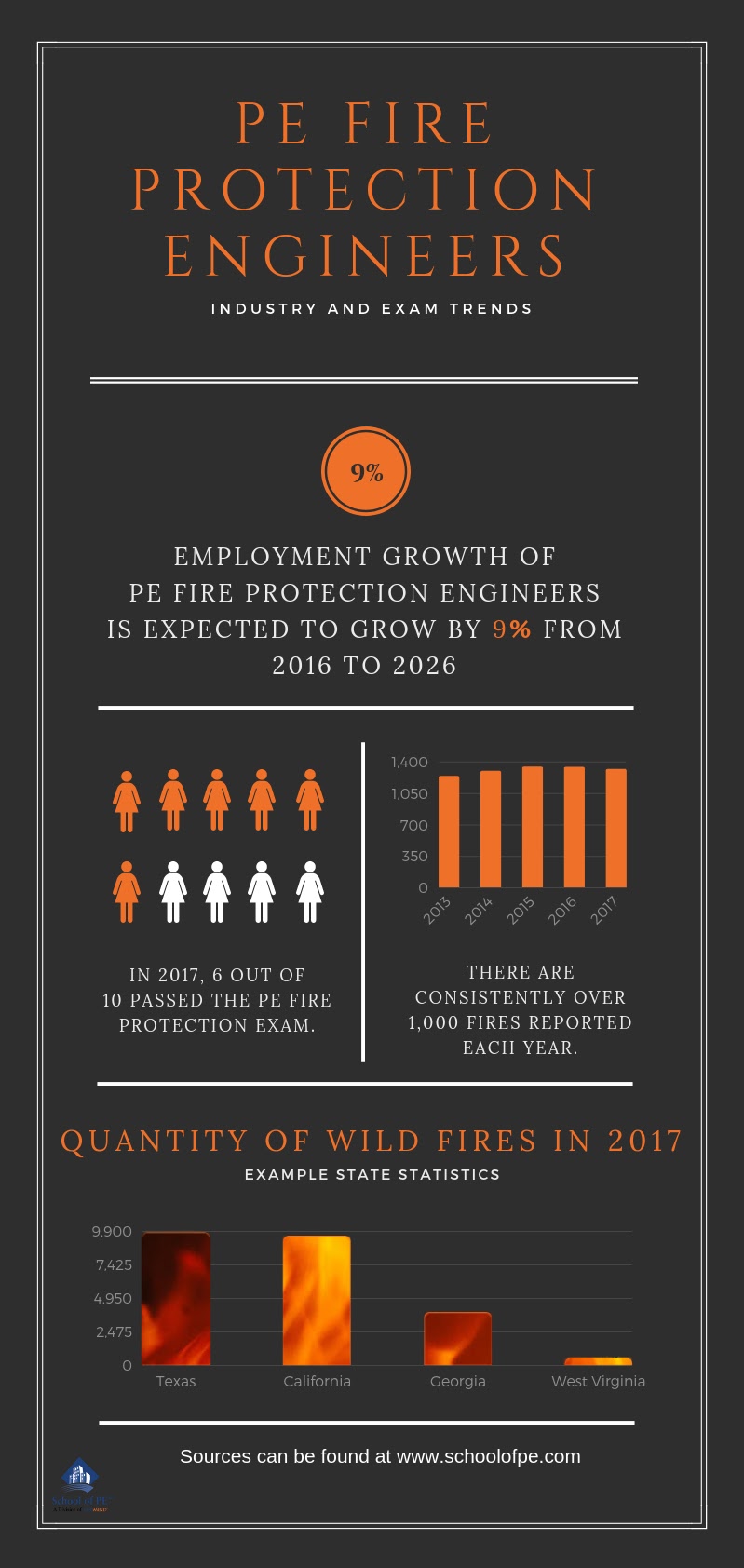Career development through education is often thought to be difficult for working professionals with a full-time 9-5 job. Whether a working professional wishes to take college classes or a discipline-specific exam review course, providing professional training and development opportunities significantly helps corporations. Many education companies that provide professional training to corporations have a predetermined corporate discount.
When evaluating why a company should provide training and development opportunities to their employees, profitability is one reason that particularly stands out. In fact, "companies that offer comprehensive training programs have 218% higher income per employee than companies without formalized training." i
Some reasons why employee development opportunities provide a profitability boost is because corporate training classes improves efficiency, creates trust, and improves employee retention. Read more below:
1. Improves Efficiency
Improving organizational efficiency is one of the biggest benefits employers provide training and development opportunities to their employees to impact profitability. When employees learn new skills, they may become work harder, therefore getting more, quality work completed in a set amount of time. "For the organization, training and development leads to improve profitability while cultivating more positive attitudes toward profit orientation." ii
2. Creates Trust
Employees love when companies provide extra benefits, such as company outings or career development opportunities. By offering different perks to employees, companies can build a more trusting management-employee relationship, which therefore increases overall employee morale and decreases turnover. According to a LinkedIn article, "[E]xtra fringe benefits can improve morale. [Corporate training opportunities] create an atmosphere of appreciation, kindness and caring for employees." iii
3. Improves Employee Retention
Working professionals often wish to advance into more challenging job roles the longer they work for a company, and with the correct training tools, they can typically progress into higher positions at a desirable rate. Employees are more likely to stay with a company when they are periodically promoted. Job turnover is expensive, so retaining quality employees is always beneficial to a company.
References
i Gutierrez, K. (n.d.). Mind-blowing Statistics that Prove the Value of Employee Training and Development. Retrieved from https://www.shiftelearning.com/blog/ statistics-value-of -employee-training-and-development
ii Tahir, Neelam & Khan Yousafzai, Israr & Shahid Jan, Dr & Hashim, Muhammad. (2014). The Impact of Training and Development on Employees Performance and Productivity A case study of United Bank Limited Peshawar City, KPK, Pakistan. International Journal of Academic Research in Business and Social Sciences. 4. 10.6007/IJARBSS/v4-i4/756.
iii Lunch and Learn Benefits. Retrieved from https://www.linkedin.com/pulse/lunch-learn-benefits-wendy-rose/












